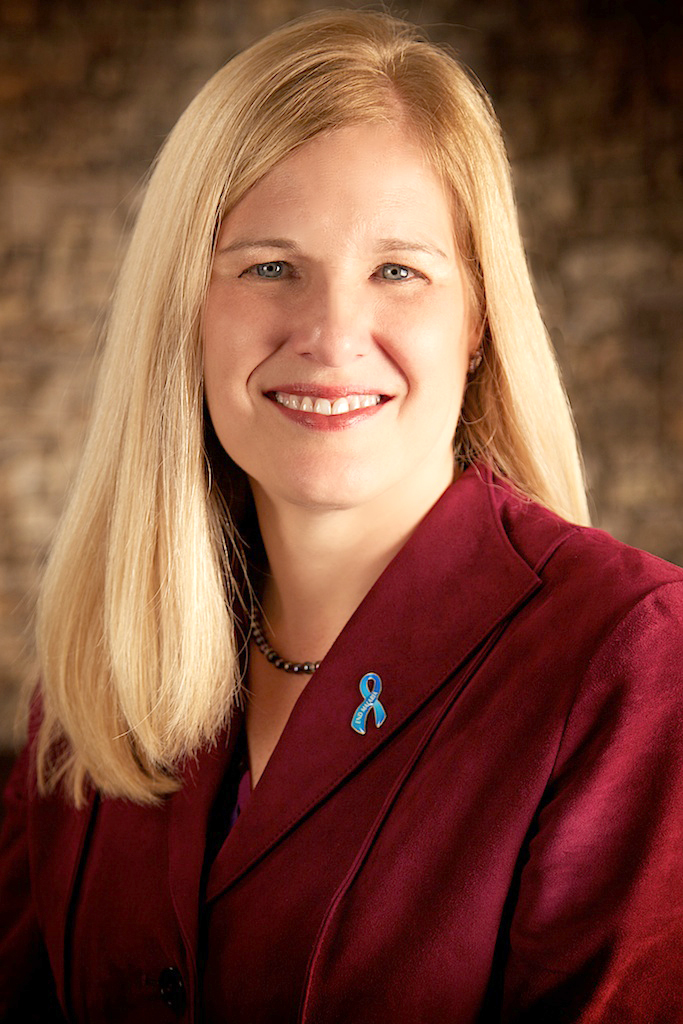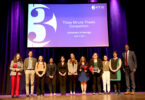Athens, Ga. – The University of Georgia’s Voices from the Vanguard series continues March 18 at 5:30 p.m. in the UGA Chapel with a presentation by Mary Galinski, a professor and researcher at Emory University.
Galinski’s lecture, “Game On! Systems Biology vs. Malaria,” speaks to her enthusiasm for both malaria research and advocacy. The talk is free and open to the public.
For more than 25 years, Galinski has gone head-to-head with the Plasmodium parasites responsible for more than 200 million malaria cases each year. In her talk, Galinski will share the highlights of her career path that resulted in a recently awarded large, multi-institutional malaria research project. Together with scientists from UGA, the Georgia Institute of Technology and the Centers for Disease Control and Prevention, among others from around the world, she is establishing the Malaria Host-Pathogen Interaction Center. The center focuses on systems biology and big data analyses to understand malaria like never before.
Galinski is a professor of infectious diseases in the department of medicine at Emory University’s School of Medicine. She also holds positions in the department of microbiology and immunology and the Hubert Department of Global Health at Emory. Since 1999, her laboratory has been at the Emory Vaccine Center at the Yerkes National Primate Research Center.
Galinski’s scientific interests encompass how the malaria parasite evades host defenses, the pathogenic processes of the disease, epidemiology, and the development of vaccines and drugs to prevent or treat malaria. In 2006, she co-founded Emory’s International Center for Malaria Research, Education and Development.
In 1992, as an assistant professor, she founded Malaria Foundation International with the mission to facilitate the development and implementation of solutions to the health, economic and social problems caused by malaria. To this day, she enjoys engaging people in the goal to fight the disease from different vantage points. Malaria remains a scourge in about 100 countries and she believes education is key to progress and long-term sustainable success.
There is another dimension to Galinski’s work, as well. “Her vision reaches far beyond her basic science research and touches the real world in ways that most investigators’ careers do not,” said Daniel G. Colley, professor of microbiology at UGA and director of the Center for Tropical and Emerging Global Diseases.
Galinski earned her doctorate in basic medical sciences from the Sackler Institute of Biomedical Sciences at the New York University School of Medicine, with an emphasis in molecular parasitology.
This marks the ninth year for the global disease lecture series sponsored by the Grady College of Journalism and Mass Communication’s Health and Medical Journalism program and UGA’s Center for Tropical and Emerging Global Diseases. Colley shares the organizing with Patricia Thomas, professor of journalism and Knight Chair of Health and Medical Journalism at Grady College. This lecture is the second of three and all are included in UGA’s Freshman Odyssey Seminar calendar. The next speaker is
• April 22, Nancy Gore Saravia, Centro Internacional de Entrenamiento e Investigaciones Medicas, Cali, Colombia; 5:30 p.m., UGA Chapel.
The March 18 lecture will be followed by a free public reception in Demosthenian Hall.
For additional information, see www.grady.uga.edu/medicaljournalism/events.
UGA Grady College
Established in 1915, the Grady College of Journalism and Mass Communication offers undergraduate majors in journalism, advertising, public relations, digital and broadcast journalism and mass media arts. The college offers two graduate degrees, and is home to the Peabody Awards, internationally recognized as one of the most prestigious prizes for excellence in electronic media. For more information, see www.grady.uga.edu or follow @UGAGrady on Twitter.








